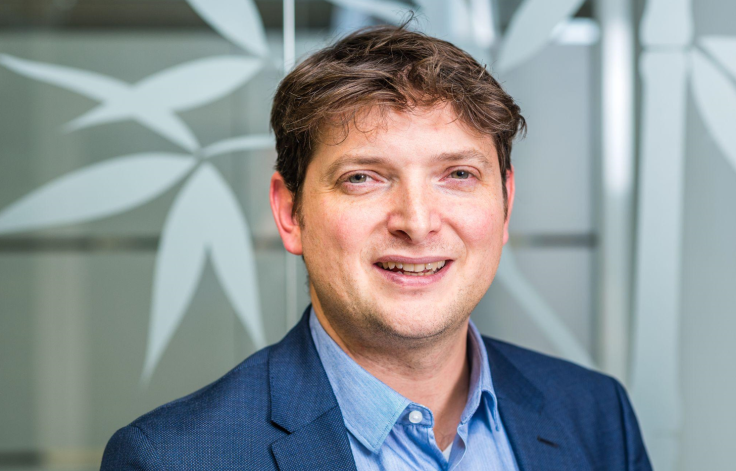Navigating The Gas Supply Crisis: Eurogas Advocates For The Optimization Of Gas Usage

In 1960, the oil-producing nations of Venezuela, Saudi Arabia, Kuwait, Iran and Iraq formed the Organization of the Petroleum Exporting Countries (OPEC) to ascertain the global oil markets' stability while ensuring fair prices for consumers and producers. Now comprising 13 member countries, OPEC plays an immense role in deciding oil prices. Several decades after OPEC's foundation, the European Union has expressed its plans to traverse a similar route in natural gas and hydrogen.
In a meeting in Brussels, European leaders proposed establishing a "consortium of buyers" to increase the bargaining power of European energy consumers. This proposition was a response to the soaring energy prices brought by the economic repercussions of the ongoing Russia-Ukraine war, supply chain constrictions and the drawn-out effects of the Covid-19 lockdowns.
The escalation of the conflict between Russia and Ukraine and Russia's threats of cutting off all supply to Europe resulted in price volatility for natural gas. Given this context, discussions surrounding alternative sources are escalating by the second. This is why the European Commission is considering developing a permanent structure for joint gas purposes.
The overall situation presents Europe with multiple challenges. Firstly, the demand is highest during winter, and even though European gas storage levels are high, a significant cold snap would put pressure on the European gas structure. Secondly, Europe is able to source liquefied natural gas (LNG) off the global market, but the question will always be: At what price?
Europe might have employed its diversification strategy by increasing the LNG import capacity, but supply comes at sky-high prices. Europe also has to compete with Asian buyers in global LNG markets. One European policy option has been to consider developing consortiums to negotiate better prices with suppliers.
The gas supply crisis serves as a wake-up call to European governments not only to seek gas alternatives but also to accelerate their diversification efforts to cease Europe's reliance on Russian gas. Eurogas Secretary General James Watson echoes this sentiment and calls for demand reduction to combat the heightening gas supply crisis and champion sustainability. Eurogas, an association of 76 companies promoting carbon neutrality, aims to accelerate evidence-based dialogue and advocacy surrounding energy transition. It is committed to reducing emissions to 55% by 2030 and achieving a fully carbon-neutral gas system after 2045.
"High prices forced people to cut down their consumption of natural gas, may it be for heating, transportation, production or cooking. We view this as an opportunity to reduce consumption of natural gas while increasing volumes of renewable natural gas to lessen negative environmental impacts, provide energy security and generate revenue for workers and businesses," Watson remarked.
Eurogas believes that Europe can become a global leader in climate mitigation technologies. Therefore, aside from enhancing the security of supply and supporting Europe's competitiveness in the industry, the association focuses on supporting innovative technologies to be built in Europe. This will provide quality jobs in energy transition resilient sectors.
Watson added, "We acknowledge that our vision of managing the slow decline in natural gas by introducing renewable gas usage would impact numerous individuals and entities. So we make sure that we support policies where no workers, consumers or businesses are left behind during the transition." In its efforts to ensure a just transition, Eurogas makes creating high-quality, non-seasonal jobs a part of its mission.
Eurogas also aims to fully integrate hydrogen and biomethane to build a single, strong market for all gasses. The association is working on tackling value-chain methane emissions to ensure that existing infrastructure can be used for a more affordable transition. Ultimately, Eurogas plays a pivotal role in accelerating the transition to carbon neutrality through advocacy and dialogue about the optimization of gas usage.





















